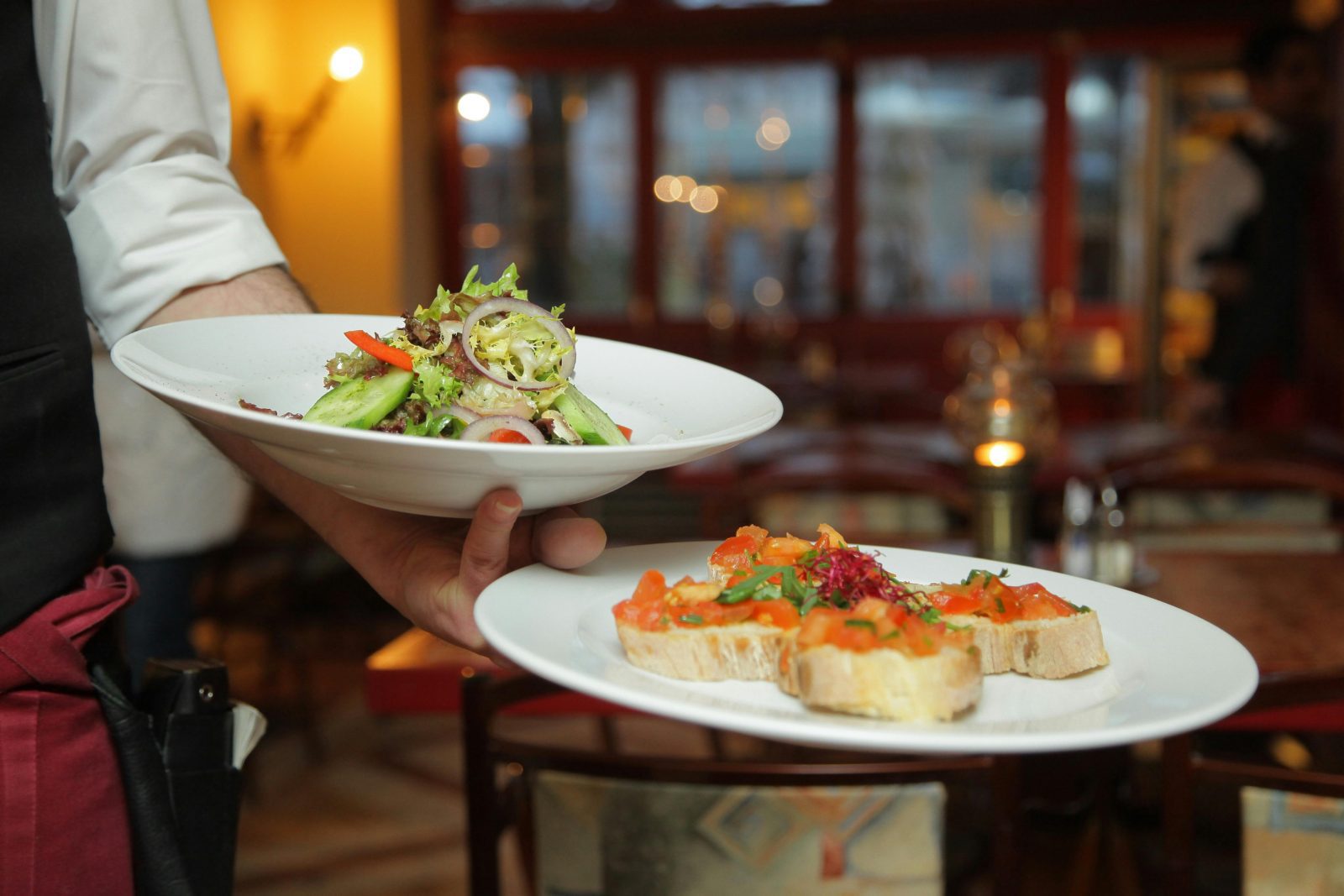After extraordinary increases in recent years, the cost of basic food items in the Czech Republic has started to decrease. However, on the flip side, Czechs are paying, on average, more than eight percent more than last year for dining in pubs and cafes.
Just last year, a kilogram of chicken breast cost nearly 180 korunas. Last month, the average price was 130 korunas, marking a more than a quarter decrease. Similarly, a kilo of flour, which cost 22 korunas a year ago, now costs an average of 15 korunas, according to the Czech Statistical Office. Even eggs and milk have become almost a third cheaper, while sugar is a fifth cheaper.
Cyrrus economist Vít Hradil notes that it’s good news that there doesn’t seem to be a reversal in the current favorable trend on the horizon, and there’s no need to fear a significant increase in food prices in stores again. However, given the production costs, food items such as fruit, vegetables, mill products, and oils and fats could still go down in price.
On the other hand, according to March inflation data, food services have increased by 8.2 percent year on year. Restaurant, fast food, and cafe prices have grown significantly in previous years, but there’s no sign of a turnaround yet. The average expenditure for lunch is now 224 korunas, according to Dotykačka, a company that provides cash registers to restaurants and pubs. This means prices have risen by more than two-fifths, or nearly seventy korunas, in five years.
In conclusion, while basic groceries have become more affordable in the Czech Republic, dining out costs continue to rise. The reduced prices of groceries are a welcome relief for households, but those who frequent restaurants, pubs, and cafes will need to shell out more.





